hē
scold loudly
Phonosemantic compound. 讠 represents the meaning and 可 represents the sound. Simplified form of 訶.
Evolution

Bronze script
Late Spring and Autumn (~500 BC)
Seal script
Chu (Warring States: 475-221 BC)
Seal script
Shuowen (~100 AD)Traditional script
ModernSimplified script
ModernMost common words with 诃
Freq. | Word | Meaning |
|---|---|---|
to scold | ||
Don Quixote | ||
Anton Pavlovich Chekhov (1860-1904), Russian writer famous for his short stories and plays | ||
Don Quixote | ||
chebulic myrobalan (Terminalia chebula) |
